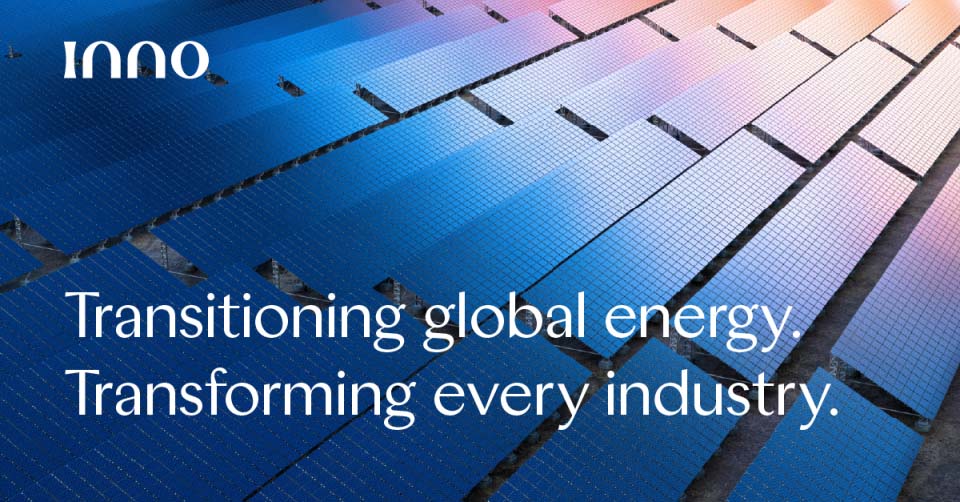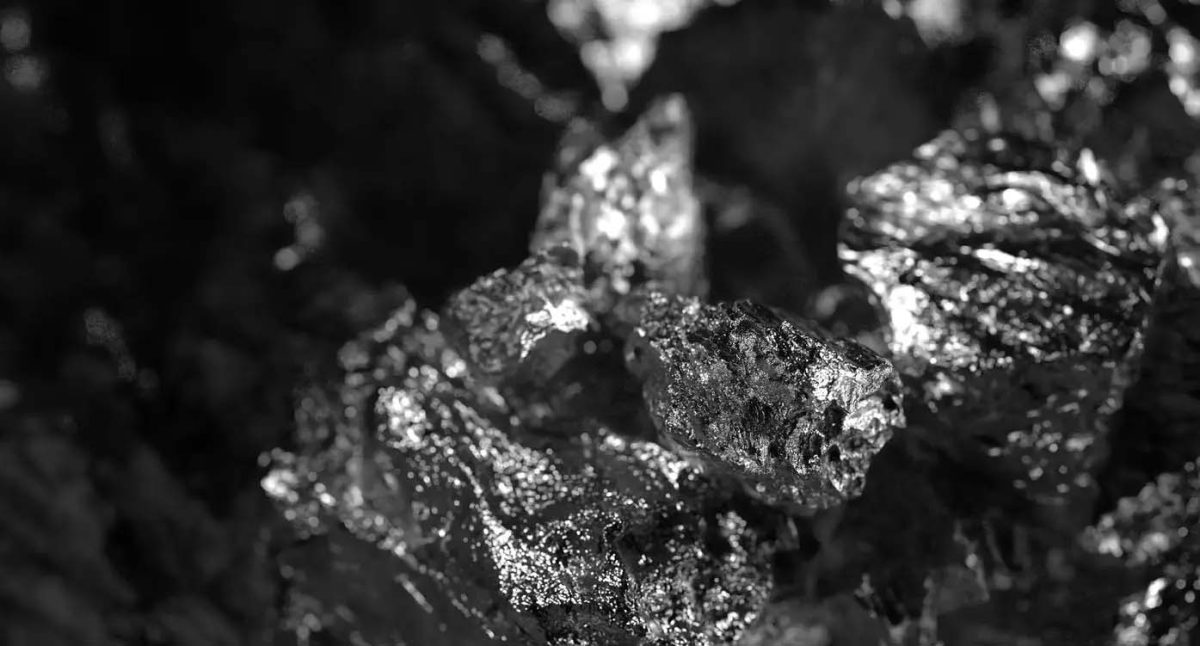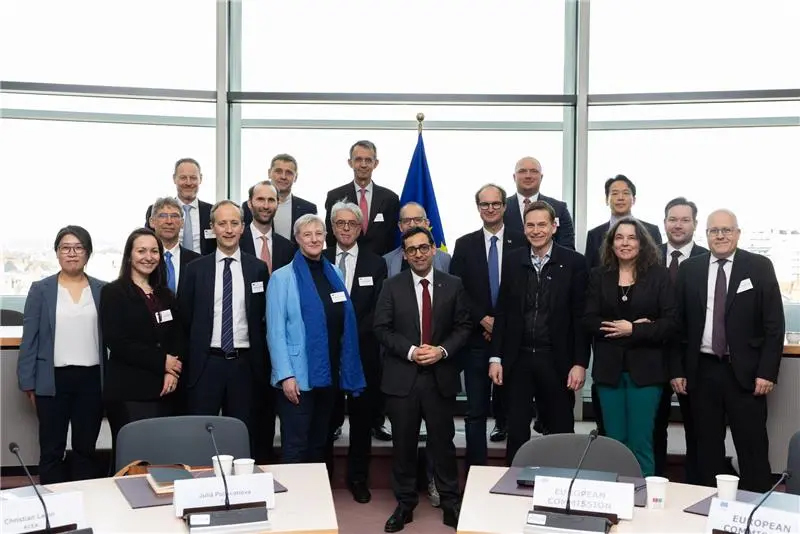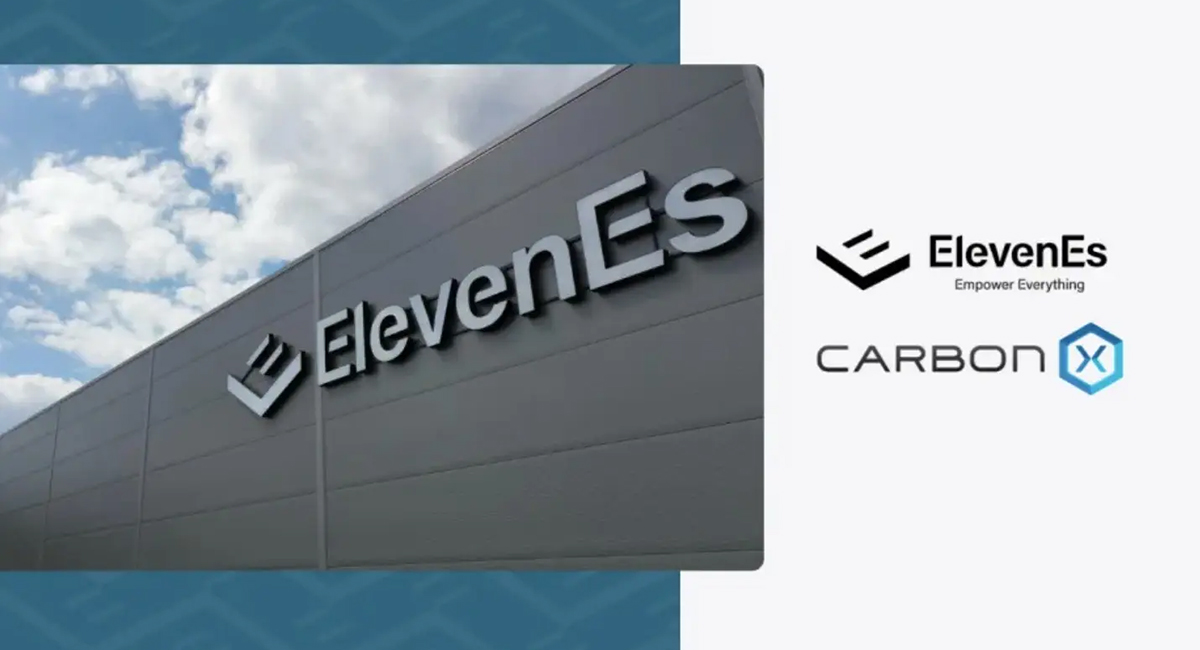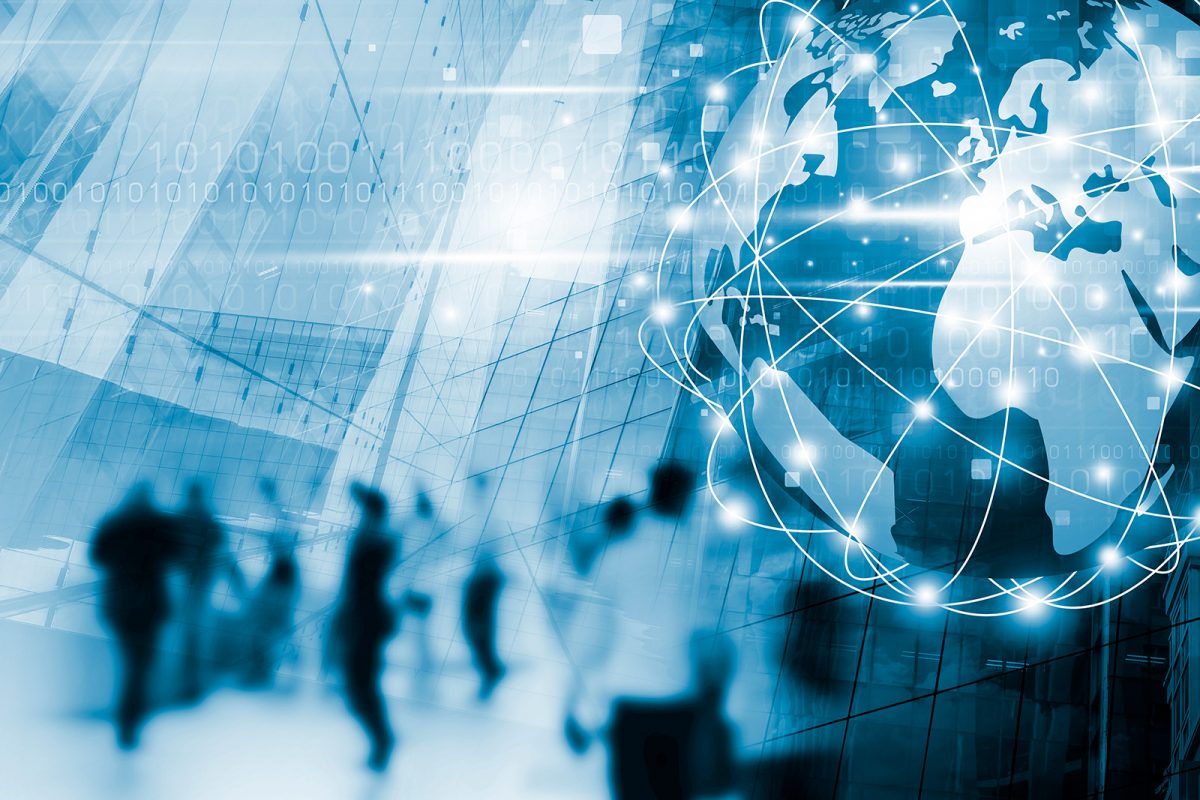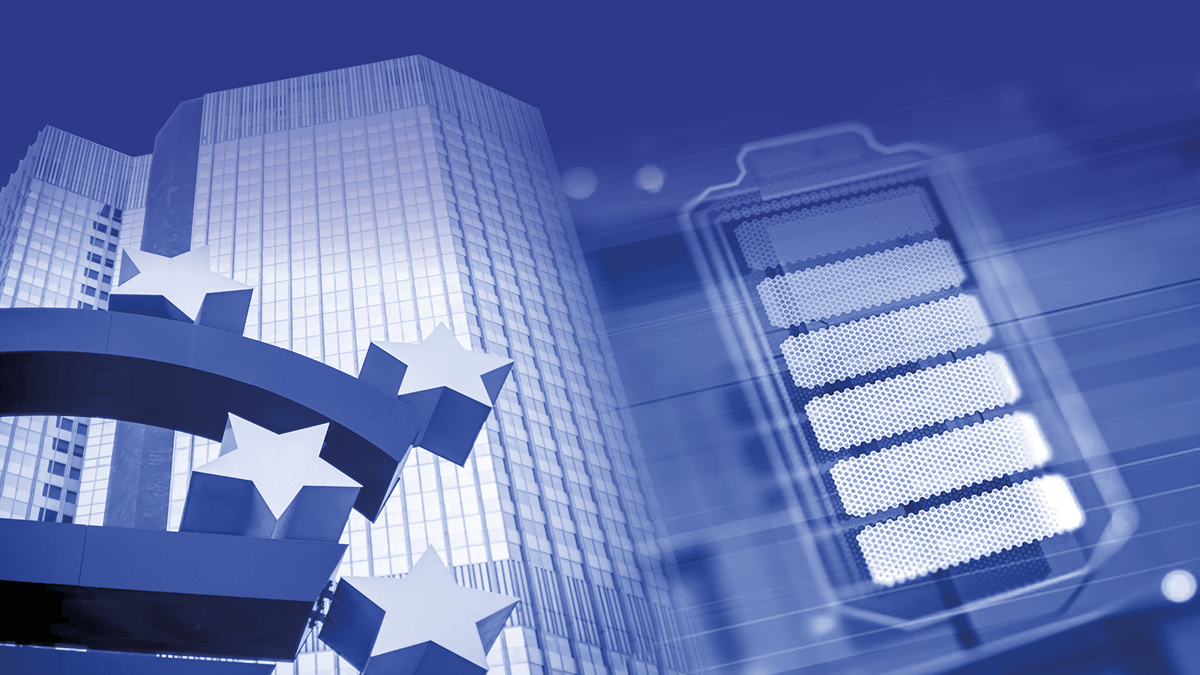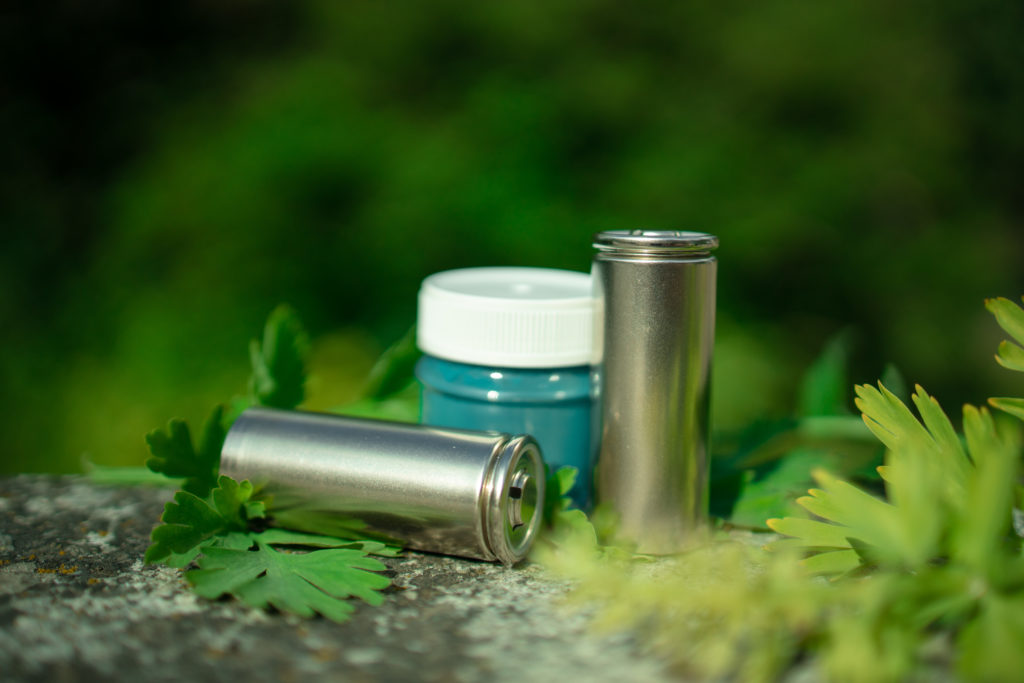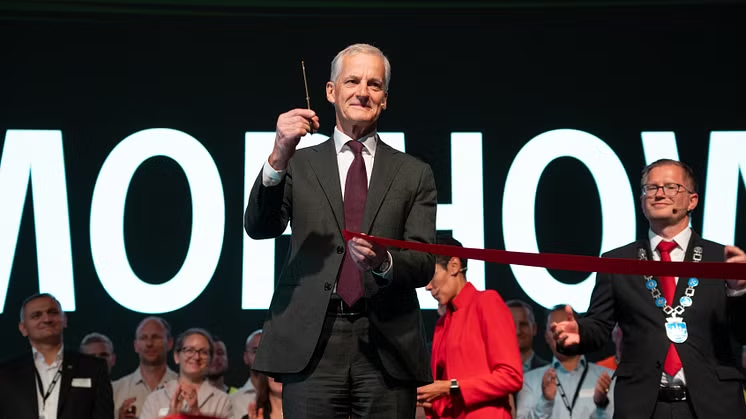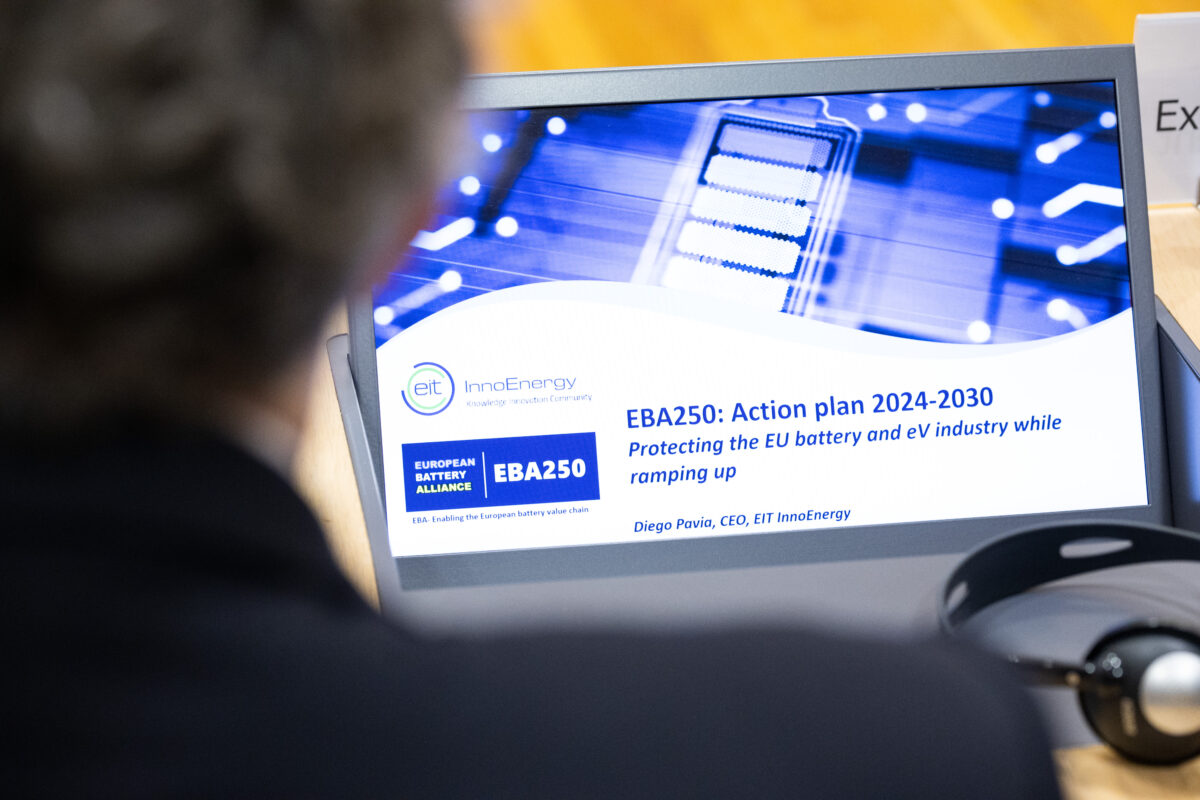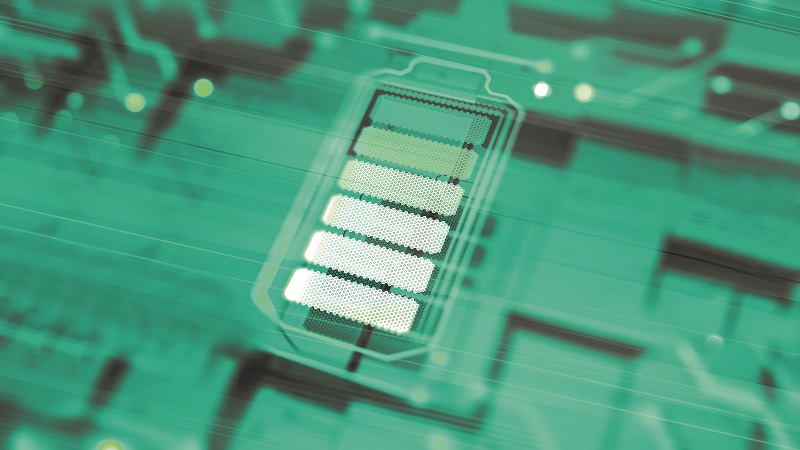
Dec 8, 2021
Closing the loop: battery recycling picking up momentum in Europe
A speedy build-up of capacity and knowledge to recycle of lithium-based batteries has been identified as one of the remain challenges for the European battery industry by the European Battery Alliance. Earlier this year, we reported on some battery recycling initiatives taking place, contributing to securing access to valuable raw materials while also building more resilient supply chains for batteries materials. Further recent announcements from various initiatives and actors show that recycling of batteries is now truly picking up momentum in Europe.
Traditional recycling companies, such as Stena Recycling reported already this summer that they are investing big time in recycling. The company has now started construction of its new battery recycling plant in Halmstad, Sweden, and aims to have the plant up and running in the first quarter of 2023. At the end of the first construction phase in Q1/2023, the plant will have an annual capacity of 10,000 tonnes and intends to recycle not only batteries from electric cars but also from electrical appliances. But their ambitions are larger than that. And with investing in an infrastructure for the collection and sorting of batteries in several European countries they intend to collect batteries from all over Europe for the Halmstad plant.
Umicore is today operating one of the largest recycling facilities for batteries in Hoboken, Holland, and they are now looking at advancing their capacity and knowledge in active materials and recycling by responding to the latest IPCEI call.
Finland-based conglomerate Fortum announced this summer its intent to expand its lithium-ion battery recycling capacity by building a new hydrometallurgical plant in Harjavalta, Finland. In that location, Fortum is currently operating an industrial-scale hydrometallurgical pilot plant. The new facility, which is expected to be operational in 2023, will enable Fortum to recycle the majority of EV batteries reaching their end-of-life in Europe, says the company. Fortum’s hydrometallurgical battery recycling operations had been shortlisted for the EU’s Innovation Fund for low-carbon technologies but was finally not selected.
In France, Eramet and Suez stepped up their cooperation signing an agreement on May 10, 2021 to expand their joint efforts in the area of recycling end-of-life electric vehicle batteries.
But there are also new actors entering the European stage. Primobius, a 50:50 joint venture between Australian Neometals and German plant manufacturer SMS group, intends to commercialize an environmentally friendly recycling solution for end-of-life and scrap lithium-ion battery (LiB) cells. At a press conference from September 30, they announced that the company is on track to expand its existing battery recycling demonstration plant in Hilchenbach, Germany to a 10 mt/day black mass commercial operation in the first quarter of 2022.
The French battery recycling start-up MECAWARE has also recently announced a €2.5m funding round to accelerate the construction of the first pilot site dedicated to recycling technological waste from batteries. By developing a new extraction process to recover critical and rare minerals, it expects to equip EVs with batteries partly based on recycled materials by 2025. EIT InnoEnergy that leads the EBA250 initiative is one of the investors in MECAWARE technology, and tells more about this investment and the broader implications for battery recycling in Europe in this article.
We have also seen that automotive companies are stepping up their ambitions in recycling. On November 20, Daimler has confirmed plans to build a battery recycling factory in Kuppenheim, in the southwest of Germany.
Recently Northvolt also announced that they will increase their recycling capacity in the Skellefteå plant by 5 times to an annual capacity of 125.000 tons /year. Even more positive news related to this announcement is that its recycling programme, Revolt, has produced its first lithium-ion battery cell featuring a nickel-manganese-cobalt (NMC) cathode produced with metals recovered through the recycling of battery waste.
All these reflect a much better outlook on the recycling front in Europe but more needs to be done. A swift adoption of the sustainable battery regulation will provide a more stable and predictable framework and hence boost investments in this nascent industry.
More EBA250 news
InnoEnergy, the driving force behind the EBA250 initiative, introduces today its new brand identity,…
The new EU-funded facility will enhance global raw materials partnerships and access to Critical…
Last week, InnoEnergy and EBA250 represented the battery value chain in Brussels alongside Verkor…
ElevenEs, a European LFP lithium-ion battery manufacturer, has signed a Joint Development Agreement with…
The European battery industry has come a long way since the launch of the…
The 2024 Innovation Fund calls for proposals have been launched this week, with a…
Altris, a pioneering Swedish developer of sodium-ion battery technology, has reached significant milestones that…
Last Friday, Morrow Batteries officially inaugurated the first giga-scale LFP (Lithium Iron Phosphate) cell…
On May 24, 2024, the 8th High-Level Meeting of the European Battery Alliance (EBA)…
Following the recent announcement from EVP Šefčovič on the need to support manufacturing of…
